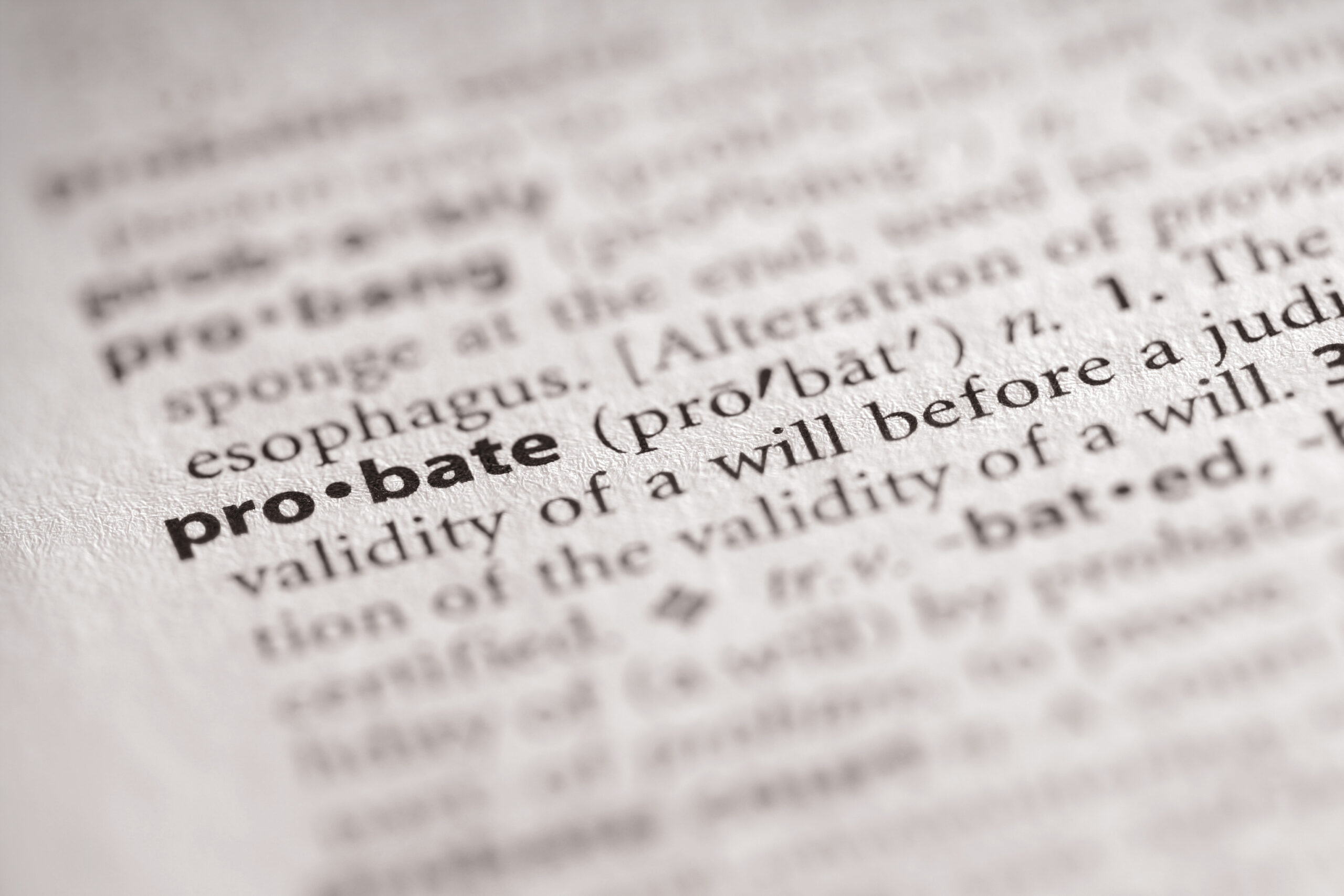Blog

Oct
Serving as the executor of an estate is both an honor and a significant responsibility. In Georgia, the probate process ensures that a deceased person’s estate is administered fairly and in accordance with their will—or, if no will exists, according to state law. If you’ve been named as an executor, you might be wondering where to begin and how to navigate the legal requirements ahead.
At Rhodes Law Firm, we guide clients through every stage of probate and estate administration. Below, we’ve outlined a practical checklist to help Georgia executors understand their duties and stay organized throughout the process.
- Locate the Will and Important Documents
Your first step is to locate the deceased person’s last will and testament, along with other key documents such as:
- Birth and death certificates
- Marriage certificate or divorce decrees
- Property deeds, titles, and insurance policies
- Financial account statements and tax returns
If a will exists, it must be filed with the probate court in the county where the deceased lived. If there’s no will, the estate will proceed through intestate probate, where the court appoints an administrator to manage the process.
- File a Petition for Probate
To begin probate, the executor (or proposed administrator) must file a petition with the local probate court. This formally starts the legal process and gives the executor authority to act on behalf of the estate.
In Georgia, there are two main types of probate:
- Solemn form probate – used when all heirs agree on the validity of the will.
- Common form probate – a less formal process, but subject to future challenges.
An experienced probate attorney can help determine which type of probate is appropriate and ensure all required documents are submitted correctly.
- Notify Heirs, Beneficiaries, and Creditors
Georgia law requires that all heirs and beneficiaries be notified that the probate process has begun. Executors must also notify creditors so they can submit claims against the estate within a designated time period.
This step helps ensure transparency and protects the estate from future disputes or unapproved claims.
- Take Inventory of the Estate
As executor, you’ll need to compile a detailed inventory of the deceased’s assets, which may include:
- Real estate and vehicles
- Bank accounts, investments, and retirement funds
- Personal belongings and valuable collections
This inventory must often be submitted to the court. In some cases, a waiver may be available if the will specifically allows it.
- Manage and Protect Estate Assets
Executors are legally responsible for protecting and managing the estate’s property during probate. This may involve:
- Maintaining insurance on real property
- Paying ongoing expenses like mortgages or utilities
- Securing valuables and collecting income (such as rent or dividends)
It’s important to keep accurate records of all financial transactions, as you’ll need to provide an accounting to the court or beneficiaries later.
- Pay Debts, Taxes, and Expenses
Before distributing any assets, the executor must ensure that all outstanding debts and final expenses—including funeral costs, medical bills, and taxes—are paid.
Executors may also need to file the deceased person’s final income tax return and, in some cases, estate tax returns. Failure to handle these correctly can create personal liability, so professional guidance is strongly recommended.
- Distribute the Remaining Assets
Once all debts and taxes are settled, the executor can distribute the remaining assets to the beneficiaries as outlined in the will or determined by Georgia intestacy laws. This step typically requires approval from the probate court, ensuring the process is completed properly.
- Close the Estate
The final step is to file a petition for discharge with the probate court, confirming that all duties have been completed. After approval, the estate is officially closed, and the executor’s legal responsibilities end.
Get Trusted Guidance Through the Georgia Probate Process
Probate can be a complex and time-consuming process, especially when you’re also coping with the loss of a loved one. Working with a knowledgeable probate attorney can make all the difference in ensuring everything is handled efficiently and in compliance with Georgia law.
At Rhodes Law Firm, our experienced team assists executors and families with every aspect of probate, from filing court documents to resolving estate disputes and distributing assets properly.
Contact us today to schedule a consultation and learn how we can help you navigate the probate process with confidence and peace of mind.
